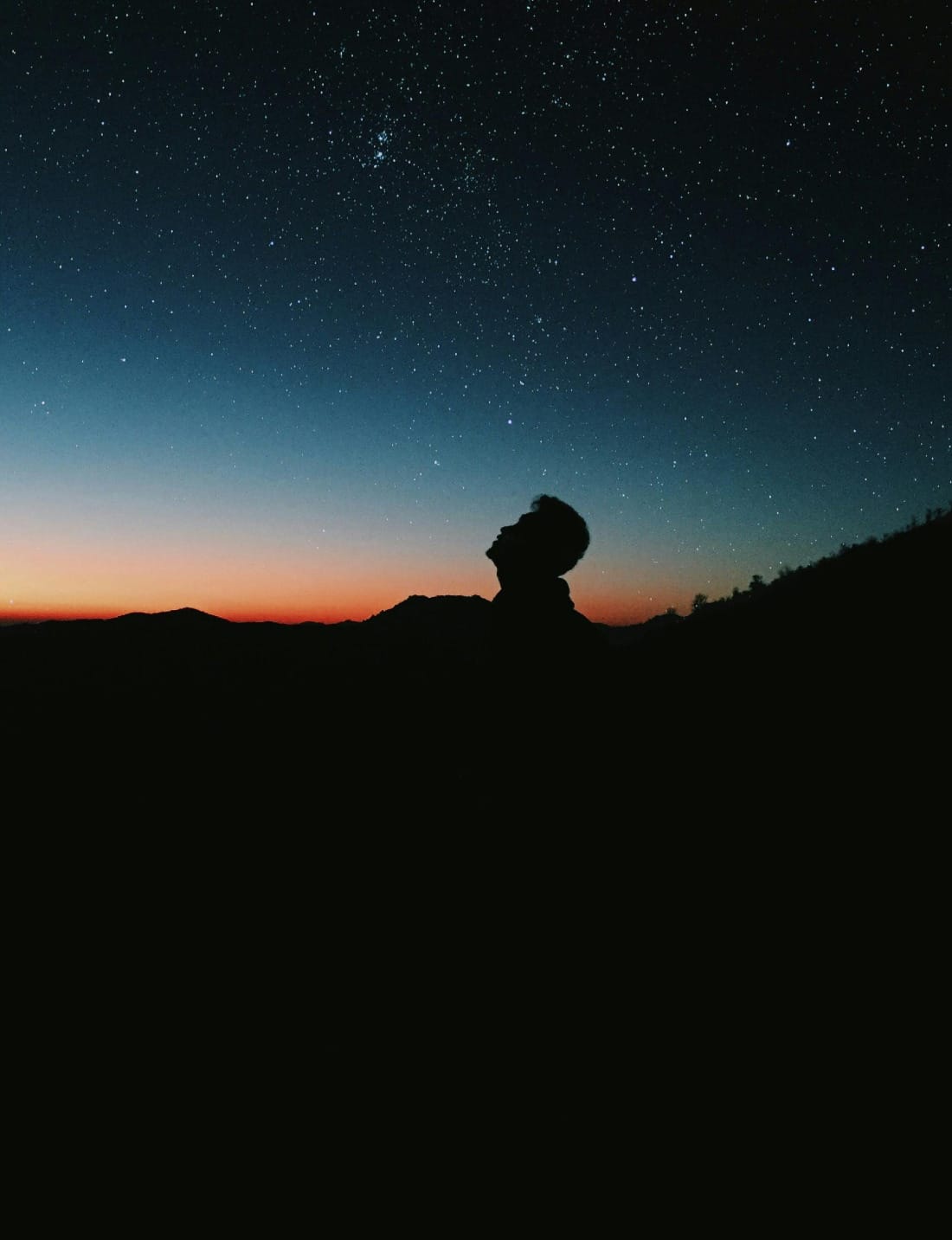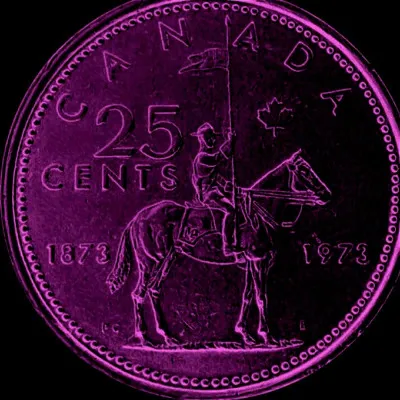Since April, the BC Prosecution Service (BCPS) has effectively dropped charges against the two police officers who killed Dale Culver, from Wet’suwet’en and Gitxsan Nations, and the three who killed Jared Lowdnes, from Wet’suwet’en Nation.
When Royal Canadian Mounted Police (RCMP) officers Paul Sainte-Marie and Jean-Francois Monette walked free last month, Dale Culver’s sister Raven stated, “We have a system that says if you have a gun and a badge, you can kill any Indigenous person in any town in B.C. and not go to jail” in a release with the Union of BC Indian Chiefs.
Na’moks, head chief of the Tsayu clan, added “They are trained to see us as less than human, and that is reinforced every time the RCMP kills one of our people and gets away with it.”
When the three RCMP officers who killed Jared Lowdnes – they have not been publicly identified – avoided charges, Mabel Nipshank said, “These killings are not anything new…As a community, we watch these police officers defend each other, use their resources to shield themselves from accountability.”
“As mothers, come into this fight with our heart and we are armed with words of our truth.”
Today, Gitanyow Hereditary Chiefs added their voice to calls for a public inquiry into these killings by RCMP officers.
“The message is clear, First Nations lives are disposable,” said Joel Starlund/Sk’a’nism Tsa ‘Win’Giit, Executive Director of the Gitanyow Hereditary Chiefs in a statement.
He continued, “We have faced potent racism and injustice at the hands of the RCMP since its creation,” highlighting the colonial origins of the organization.
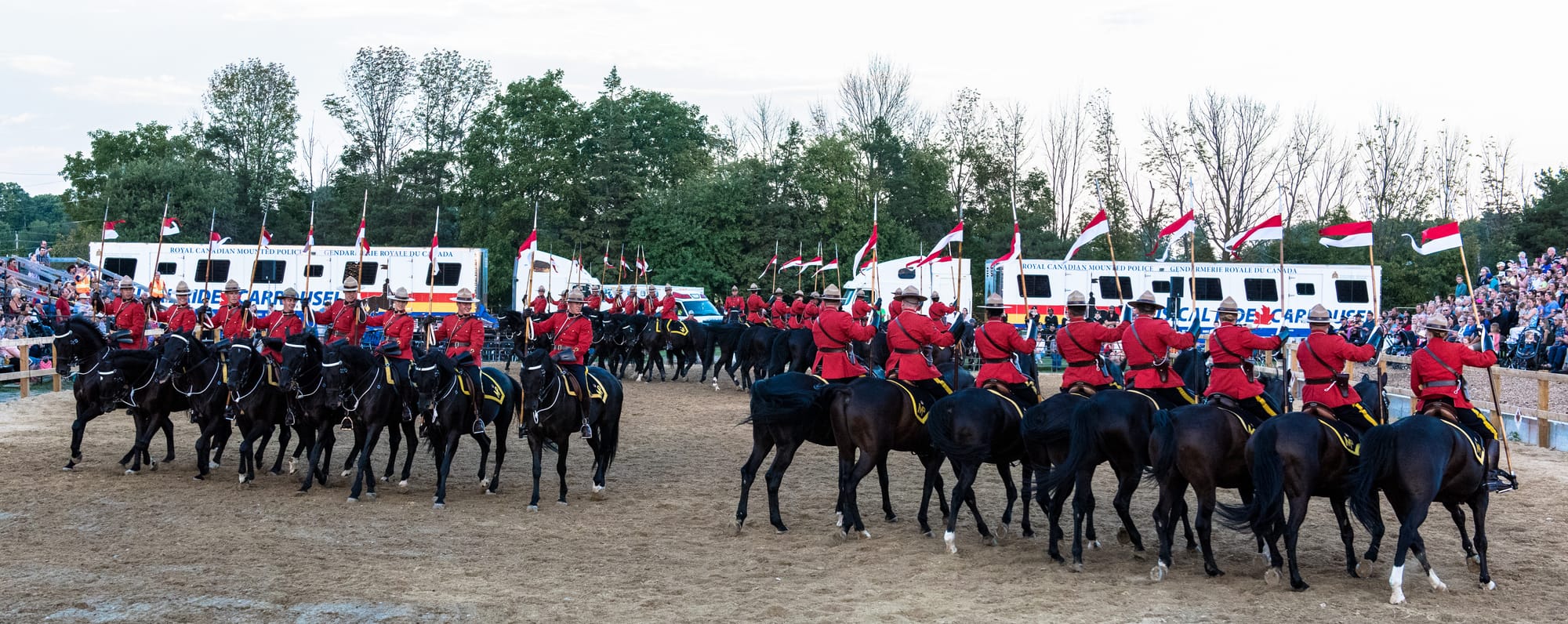
There has been no recent public update about consequences for the officers involved in the death of Christopher Amyotte, who is Ojibway from Ditibineya-ziibiing (Rolling River), and passed away after Vancouver Police officers shot him with bean bags while he was visiting his daughter in BC.
A common thread
“The calls for justice flow through time, as this violence and corresponding lack of accountability and responsibility are historical as well as contemporary realities,” wrote Krista Stelkia in 2020.
“To address the root causes of police brutality and injustice towards Indigenous, Black, and racialized communities, there needs to be explicit focus on addressing the very systems and structures that uphold and protect the perpetrators of colonial violence.”
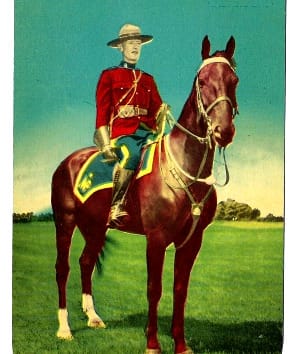
The shape and level of police violence in BC is both common and unclear. Formal, independent accountability for BC police forces remain thin.
According to reports compiled by Tracking (In)justice, a project of the Canadian Civil Liberties Association, academics working in the Institute of Criminology and Criminal Justice at Carleton University and other groups, 148 people have been killed during BC police interactions since 2000.

The Independent Investigations Office (IIO), which is called to investigate cases of deaths and serious harm by police in BC received 385 notifications in the fiscal year 2022-2023, according to their own annual report. In the same timeframe, the Office of the Police Complaint Commissioner (OPCC), which looks at other BC officer complaints, reported receiving 1,518 complaints.
Both the IIO and OPCC have been criticized widely. After the Vancouver Police killed five people in 2022, nine community groups, including the BC Civil Liberties Association, Defund 604 and Pace Society, released a statement, including a critique that “the IIO is not acting independently from police and has consistently failed to demonstrate any investment in ending police killings.” The OPCC has noted that its own “process” is described as “as dense and complicated” by the courts.
Ronald MacDonald, the head of the IIO, has reported that there are zero cases of convictions in situations where his office has actually forwarded the charges to the courts.
In other words, the IIO and OPCC have produced very little accountability and are seen as limited in their accessibility - but they still received a combined 1,903 notifications of death, serious harm or other complaints in the 365 days of 2022-2023.
Calls to stop the violence
Calls for truly independent accountability and inquiries into BC police violence have a longstanding history in BC.
When police officer Doug Spencer killed Willie Hewer, a witness told the Vancouver Sun on Oct. 7, 1994, that the police oversight system “does not appear to work, there needs to be a civilian oversight agency to guarantee accountability.”

Twenty-one years later, when Spencer’s son Beau, also a police officer, killed Myles Gray, Gray’s mother similarly described the OPCC’s report as having “so many holes in it that a cannon could be fired through it” after its release in 2023.
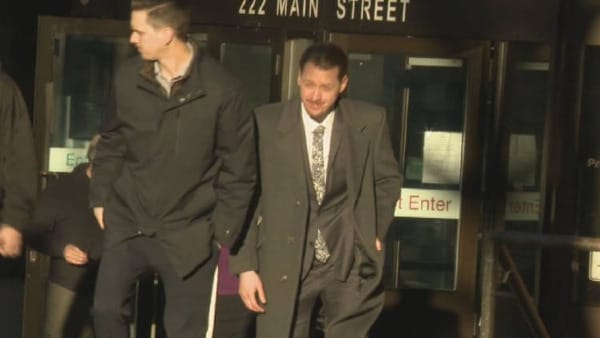
The federal Royal Commission on Aboriginal Peoples, which was conducted from 1991-1996, also highlighted ongoing colonial violence carried out by the RCMP across Canada, threading the history from its creation.
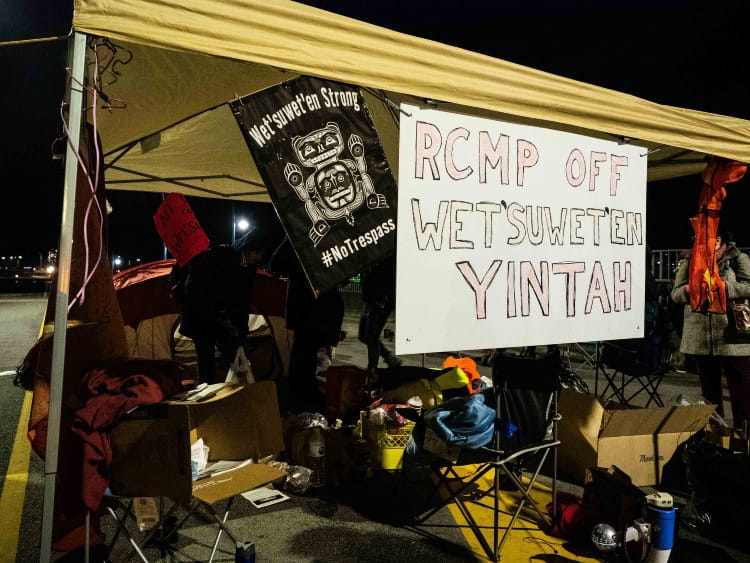
The First Nations Leadership Council also called for a public inquiry into RCMP killings of First Nations people last week.
At that time, Terry Teegee, Regional Chief of the B.C. Assembly of First Nations, drawing from his own experience, “My family is still reeling with the loss of my cousin Everett Patrick at the hands of the RCMP, and knowing that his death is part of a systemic pattern of state-sponsored killing of Indigenous peoples is extremely disturbing and sickening.”
From Canada’s origins as an occupation until today – there have been calls to stop state-sanctioned violence by the police, and to hold the complicit officers accountable. And these voices are rising together again.
